It is May 20, 2021. Season 2 of the North American Dota Pro Circuit comes down to a three way tiebreaker. Evil Geniuses, Quincy Crew and Undying are all vying for the top spot and with it, a trip to the Kyiv Animajor. A deciding game three was all that stood in the way of Undying making it to the Major. However, the final game ended in a 33 – 3 score line in favor of Quincy Crew. So close, but never enough.
That seems to be the story of Team Undying throughout the two seasons in the North American DPC. The first season had them in a best-of-three against Quincy Crew to make it to the One Esports Singapore Major. But they couldn’t make it to the finish, dropping the match 1-2. This season, they missed out on Kyiv by one game. With those two opportunities missed and not enough points for direct invites, Team Undying had to go through the regional qualifier – a tournament comprising the best teams from the North American region, all for one spot at the International 10.

Team Undying came out of the North American Regional Qualifier with an unscathed 16-0 record. They became the final team from North America to qualify for the International 10. However, this journey was not an easy one. Upcomer had the opportunity to talk to Peter “Panders” Anders ahead of their bootcamp for the International 10 to discuss the growth that Team Undying had to go through.
The rebound
At the end of the season, Undying had come off their tough loss against Quincy Crew, but took no time to rest. Instead, their motivation spiked, and they were out looking for scrims the next day. However, for a top team like Undying, the period before the regional qualifiers was a difficult time to improve. Every team they could play was worse than them, and the enemy rosters would gain more out of the scrims than they would. Meanwhile, all the higher level teams were already flying out for the major.
“Between regionals and the BTS Lootbet Pro Series we took a single day off,” said Panders. “If we couldn’t find scrims we would practice laning against each other, then extra VOD review.”

The lack of strong opponents meant Undying had to think outside the box in order to find good practice. Outside the box meant playing against European teams on 150 ping. One of these practice partners was Team Liquid, who were preparing for ESL One Summer at the time. The members of Undying devoted most of their free time to Dota. According to Panders, the pre-regional qualifier was the highest level of focus he had ever seen from the team. While Panders could not go into the details of what exactly they learned from Team Liquid, he said that their practice sessions allowed them to get a better grasp of the meta. The advantage of practicing against one of the best teams in Europe is what put team Undying over any other team in the Regional Qualifier.
“Team Liquid helped us a lot with the meta and understanding the Ancients, but that’s all I can reveal,” said Panders.
The game changer: Communication
While Undying had grown strategically before the regional qualifier, Panders did not attribute their recent wins just to growth in strategy, but also communication.
In pro-level esports, mechanical skill is rarely the largest differentiating factor. Instead, teamwork is what makes a difference. Between the end of the North American DPC and the regional qualifier, Team Undying got better at talking to one another. This is what led them to their dominant victory.
Panders discussed the misconception that a lot of fans have about pro-level communication in DOTA 2. While most fans might think that the captain of the team, David “MoonMeander” Tan, would make most of the calls throughout the game, that dynamic changed over time. According to Panders, the captain and supports do make calls early in the game. However, as the team wants to cross the high ground, things change. Undying realized that cores should have a better feel for how they would want to play the late game. It is during the crucial highground siege that the decision-making shifts to the cores. These changes were not easily implemented, as it took time for Enzo ”Timado” Gianoli and Jonathan “Bryle” De Guia to open up and make their opinions heard.

“Timado and Bryle started off the team as quieter people, but over the seven months of being on a team those two have grown tremendously,” said Panders. “Mainly their confidence to communicate and share ideas.”
In order to get better at communication, Team Undying made a concerted effort to analyze their communication in past VODs. Panders talks about the “trap of silence,” a common occurrence that plagues teams from the amateur level, all the way to the top. When teams are in a losing situation, they tend to cease communicating. Team Undying now make sure that they never fall into this trap. They actively look through their voice comms to see specific instances of silence, hone in on them, and work through them.
“Our comms being like this [communicating late game] is great because we don’t fall into the trap of silence,” said Panders. “Cores won’t say much, but when they do it’s important that it’s picked up. Pubs usually have silent cores and supports that flood comms too much”
While in-game communication matters, how ideas are communicated outside of games are just as important. For a team like Undying that focuses on VOD review, how that review is then communicated is fundamental to their cohesion as a team.
“There is an equal if not bigger part of reviewing VODs in scrims that is almost entirely seeded in emotions – almost like an emotional release,” Panders said.

The moment that team Undying loses an official match, the team is silent. Each contemplating their own thoughts about the game. Once the five minutes are over, the team hops into VOD review and the catharsis begins. Panders originally thought that going into a VOD review without giving players time to cool off was not a positive trait. For most casual players, losing a bad game takes longer than five minutes to get over.
With professional teams, however, there is no time for chit-chat. For Undying, the best way to improve was to start putting it all out there. When a team member screws up in a certain position, it has to be addressed.
“VOD review makes it so that no one has lingering feelings about game play,” Panders explained. “If something bad happens, it needs to be immediately addressed.”
There have been enough teams in esports history where bottled emotions led to them eventually falling apart. Undying will not become one of those teams.
The result
The evolution of Undying as a team, in and out of game, is what led them to their 16-0 record in the regional qualifier. The changes that happened within the team are a symbol of their evolution from the domestic level, to the international – pun definitely intended.

Their story is one of underdogs. The team has survived purely off of tournament winnings for the duration of the last year. Jonas “SabeRLight-” Volek had to play the entirety of the North American Dota Pro Circuit from Europe, while Enzo “Timado” Gianoli had to play all the games from Peru. Panders set up a GoFundMe for the team in order to crowdfund their boot camp for The International 10. There was no giant organization helping the team with logistics, no one helping with flights. Panders even had to cook for the team while they were in their boot camp. From the moment this team was created, nothing was ever given to them, they had to fight for their place at the most prestigious DOTA 2 tournament in the world.
“Unlike other teams, we don’t have a sponsor, so we can’t just fly our high ping players in to NA to bootcamp for major qualifiers,” said David “Moonmeander” Tan in the description for Team Undying’s Bootcamp GoFundMe. “We had to work with what we got, the highest luxury we had was that our discord server was Nitro boosted, which meant we could stream our Dota in HD, to go through replays as a team.”
Team Undying’s motto is “SHINZO SASAGEYO”, a reference to the popular anime Attack on Titan – which translates to “devote your heart.” Every member of Undying has done that, and more in order for the opportunity to stand shoulder to shoulder with the best teams in the world.




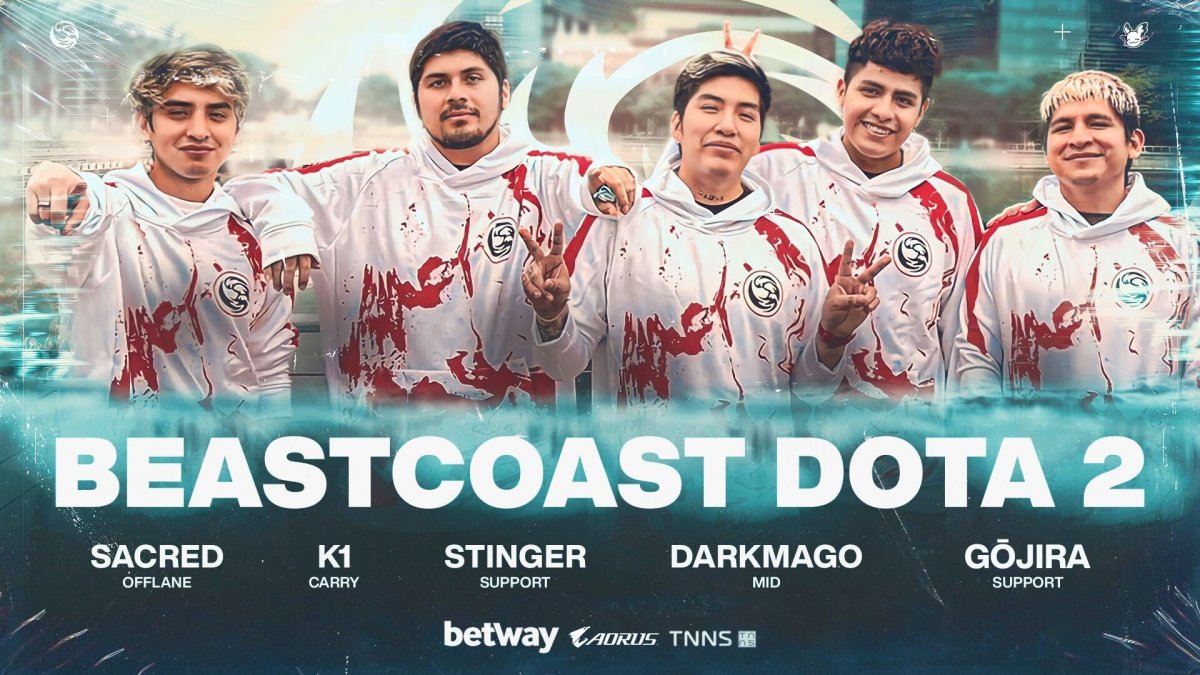
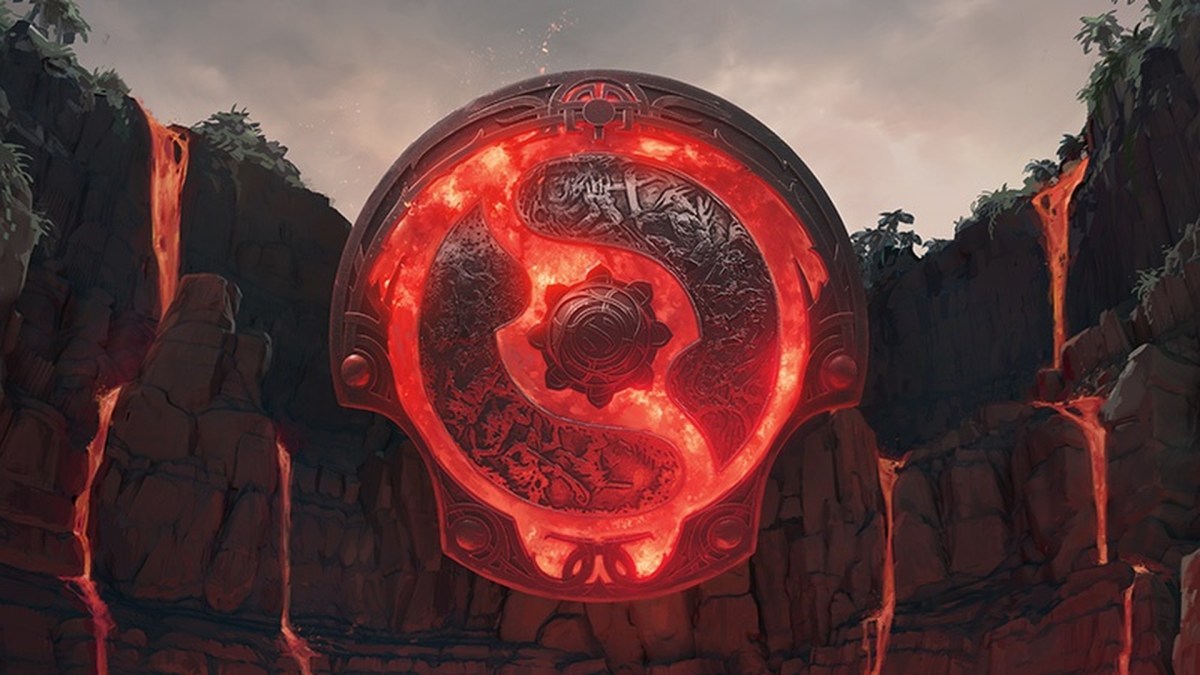
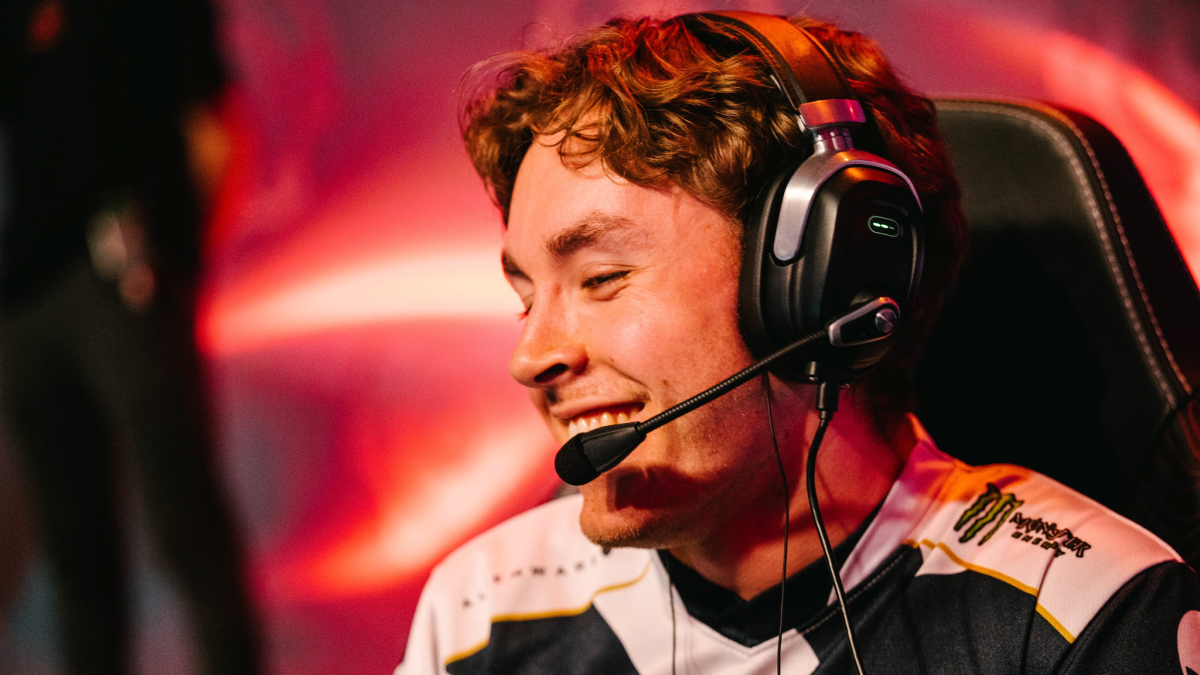
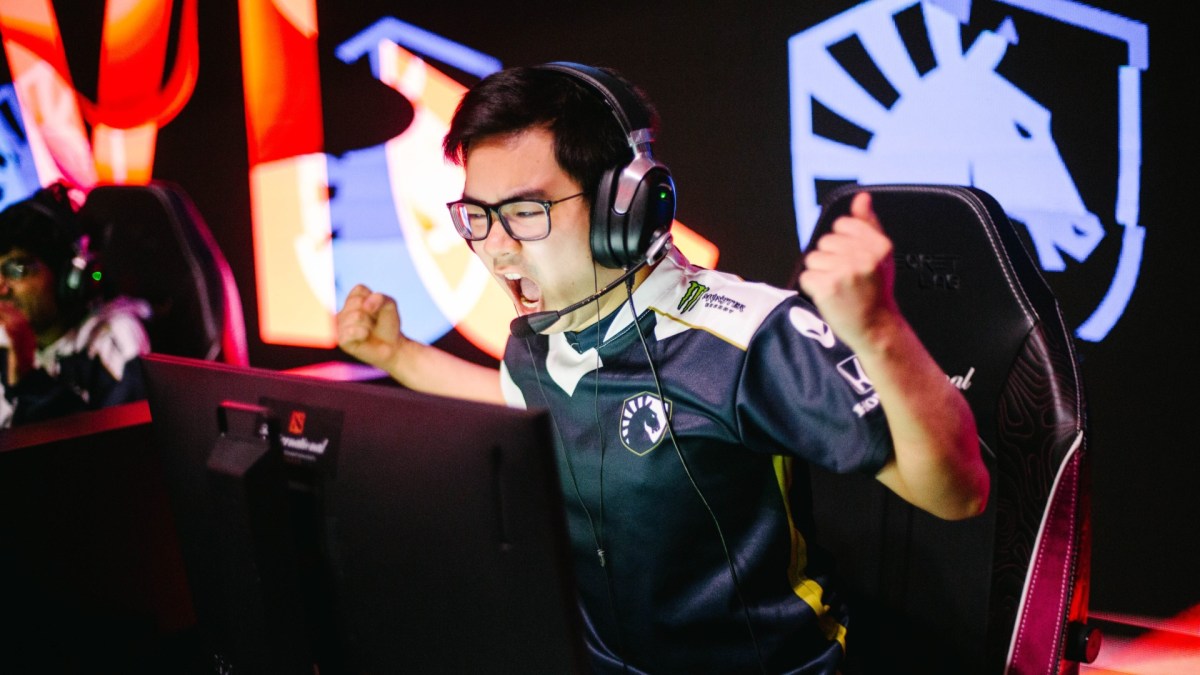
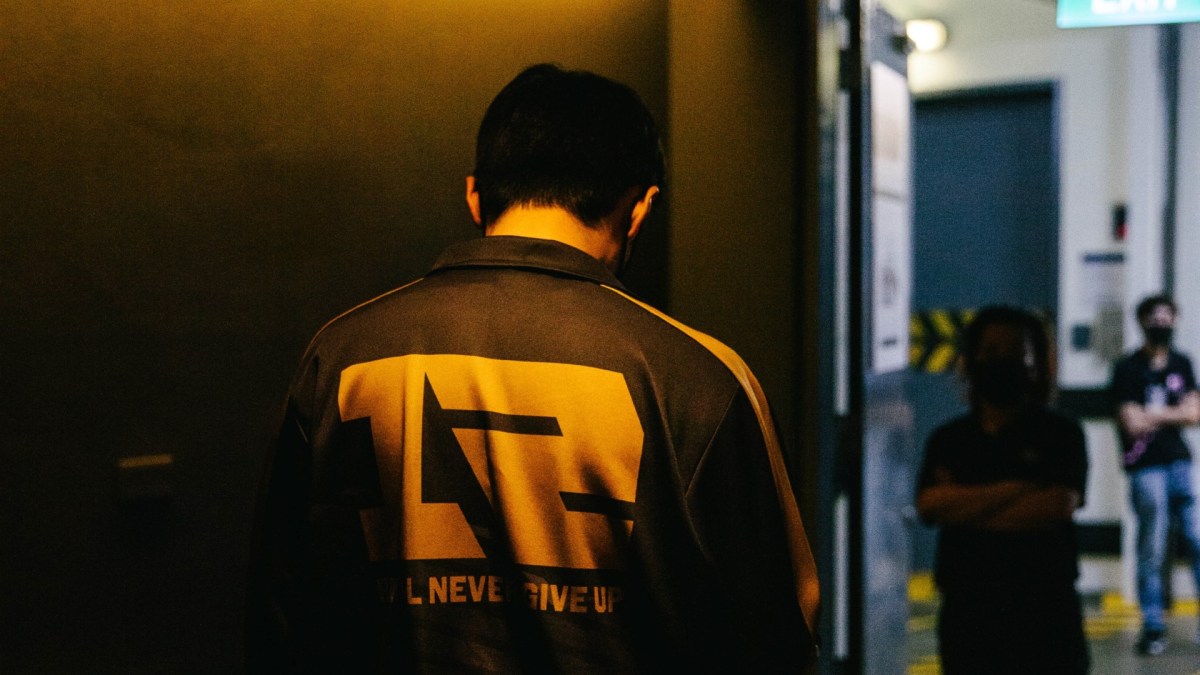

Published: Oct 8, 2021 08:37 pm